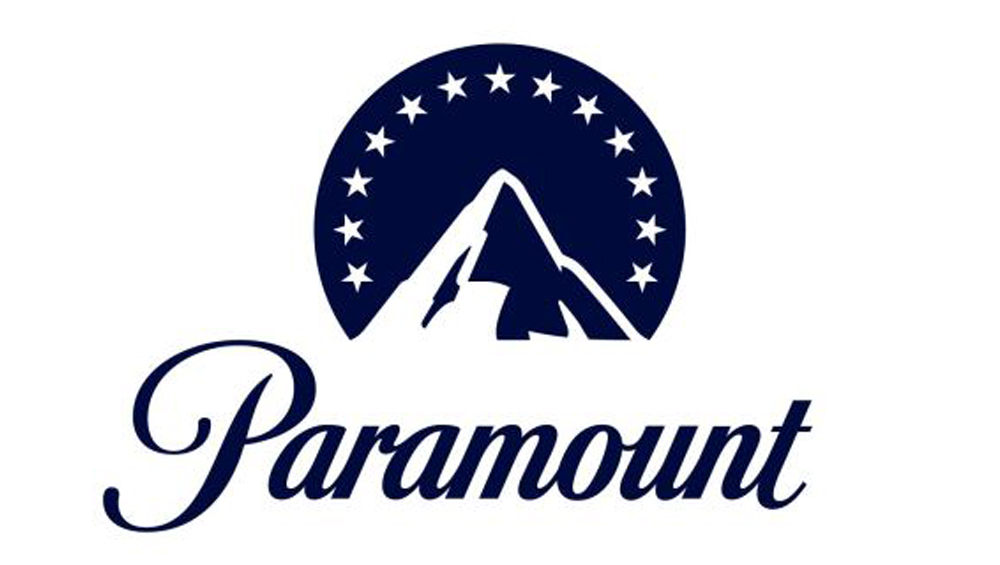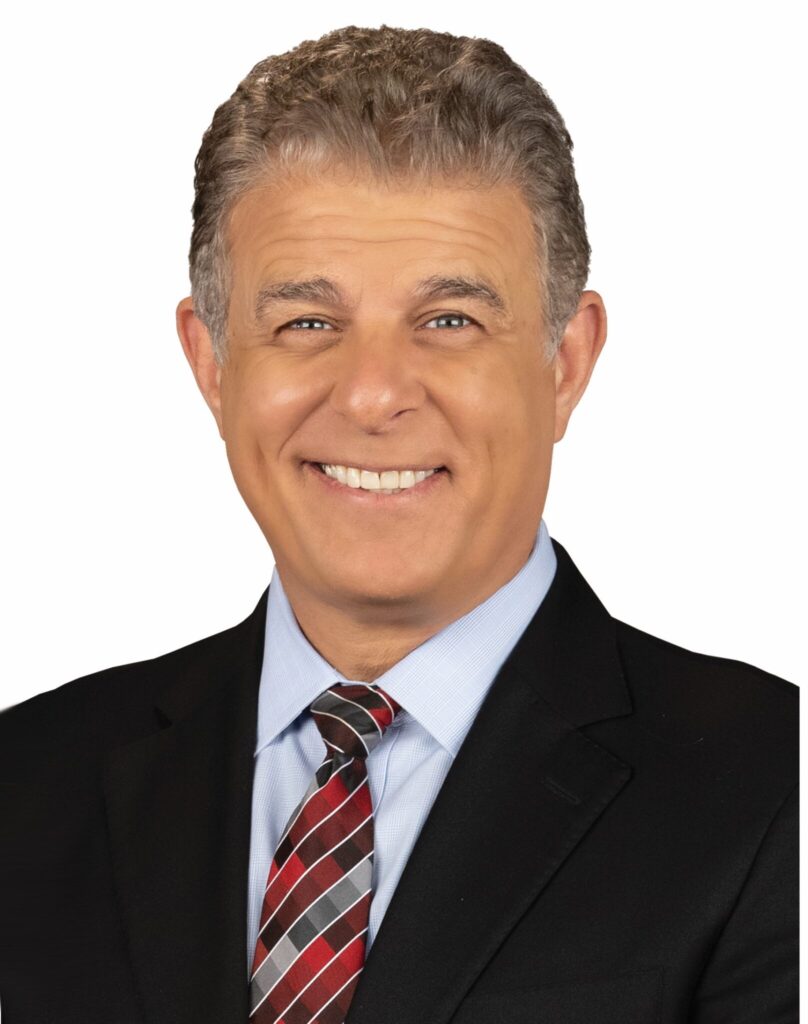
Analysts Shocked By Paramount Slashing Dividend

Yes, the Writers Guild of America strike against TV, streaming and movie production companies got some attention, but there were far more questions from analysts about Paramount Global’s dividend reduction in this morning’s quarterly conference call. As it reported a decline in first quarter revenues, Paramount also announced that it was cutting its quarterly dividend payment to 5 cents per share from the previous 24 cents.
President-CEO Bob Bakish spoke of the ad market stabilizing and predicted a return to earnings growth in 2024. Why then, asked Michael Morris of Guggenheim Securities, is this the time for such a large dividend cut?
CFO Naveen Chopra answered: “I think the changes we’ve made to our capital allocation policy are totally appropriate for a company that has both the compelling growth opportunity you’ve seen today, but operating in the current macro environment. There’s no debate that our streaming momentum has obviously continued to build, but the macro environment has not gotten less complex. So, it’s prudent really for all companies to optimize their balance sheet for flexibility. That’s exactly what we’re doing by reducing the quarterly dividend to five cents. That does translate to significant cash savings of nearly $500 million annually, as I mentioned, while still returning some capital to shareholders.
He continued: “I would emphasize that the reduction in the dividend does not mean that we intend to spend more than previously planned on streaming. You should really think of this as the cash benefit of reducing the dividend, along with those other initiatives like non-core asset sales and continuing cost management, is intended to help de-lever our balance sheet, which is generally a smart thing to do in an uncertain macro environment. And it’s also a key ingredient in creating long-term shareholder value.”
Another analyst tried to pin Bakish down on what the proper employee headcount should be for the company. But while the CEO noted past efficiencies in streamlining management of the cable networks, he refused to discuss specific staffing reductions ahead.
Paramount remains focused on growing its streaming business, but Bakish also noted the source of much of the company’s most vital content.
“CBS programming strongly attracted viewers across both linear and streaming. To illustrate the power of CBS, I note that CBS programming accounted for 281 billion minutes of viewing in the quarter. That’s nearly 50% more than the closest broadcast competitor and nearly four times more than the combined total minutes spent watching original content on Amazon, Hulu, Disney+ and HBO Max — a testament to the power and scale of CBS content. I’d also note that CBS, with its powerful entertainment lineup, essential news offerings and marque sports, is on track to be the most-watched broadcast network for the 15th consecutive season,” Bakish added.
Of course, the just-launched writers’ strike has interrupted production of various shows and movies at Paramount’s TV and movie studios. “How prepared do you think you are and will it potentially reduce cash spend at least in the near term?” asked Bank of America’s Jessica Reif Ehrlich.
Bakish replied: “Writers are an essential part of creating content that our audiences enjoy across our platforms and we hope we can come to a resolution that works for everyone fairly quickly. But it’s also fair to say there’s a pretty big gap today and it’s really a multi-faceted bid and ask. So obviously we’ve been planning for this. We do have many levers to pull. And that’ll allow us to manage through this journey, even if it’s for an extended duration. In terms of levers, we have a lot in the can, so to speak, content in the can.
“So with the exception of things like latenight, consumers won’t notice anything for a while. Add to that a broad range of reality and unscripted, where we’re definitely a leader, as well as sports, and that’s not affected,” he said.
The CEO is bullish on upfront sales, where Paramount opted this year for smaller sessions with selected groups of advertisers, rather than one extravaganza. Both Bakish and Chopra insisted more than once that the soft ad market has now stabilized.
“We are seeing signs of market stabilization. Within the domestic ad market sports remains an area of strength. We also saw improvement in key buying categories, including pharmaceuticals, food and beverage, travel and auto. Although categories like insurance, web services and big tech remained relatively weak,” Chopra told the analysts.
“With respect to Q2 we expect the year-over-year in TV media advertising to be slightly favorable to what we reported in Q1. And in D2C advertising we expect continued acceleration,” the CFO said.
























Comments (0)